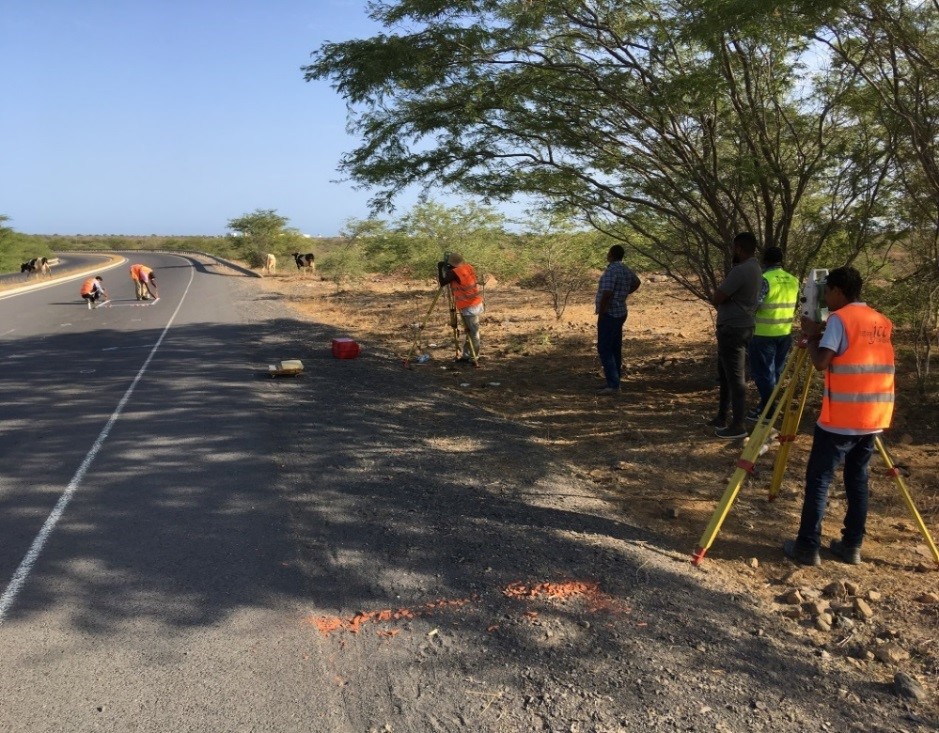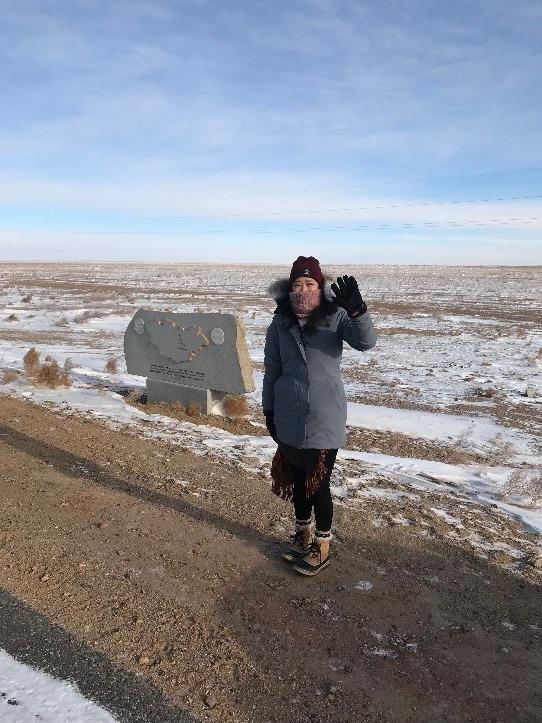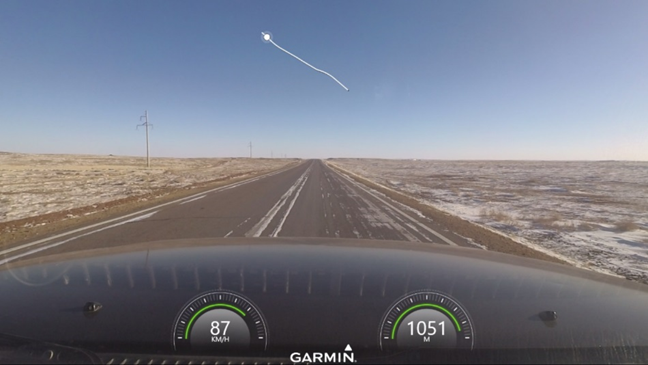
Helping MCC Improve the Impact of Road Investments
By Oana Mermeze and Sunny Bae, roads evaluation program analysts at International Development Group LLC | Jan. 9, 2019
Do better roads really lead to cheaper transportation? Who benefits from road improvements? Answering these seemingly simple questions is, in fact, trickier than it appears.
 Collecting data on road roughness in Cabo Verde
Collecting data on road roughness in Cabo Verde
Road investments are attractive to donors and partner governments for their potential to improve access to goods, and services. Yet, teasing out the actual benefits of road improvements and measuring them is easier said than done. As one of the world’s largest bilateral donors in the transportation sector, the US Millennium Challenge Corporation (MCC) is committed to taking on this mission, and International Development Group LLC (IDG) is assisting MCC by generating evidence on the impact of road investments, to inform decisions about current and future road investments and program design.
IDG, with subcontractors Econometrica, Inc. and Sheladia Associates, Inc., is concurrently conducting three evaluations of MCC roads and bridges projects in Mongolia, Cabo Verde, and Niger. The objectives of the evaluations are mainly two-fold: 1) an economic analysis to understand the costs and benefits of the MCC-funded roads, and 2) performance evaluations of the road maintenance, road usage patterns, and transportation market structure sector conducted to complement and enhance knowledge gained through the economic analysis.

IDG’s
Sunny Bae at the starting point of the MCC Mongolia Road
In each country, IDG conducts on average three or four engineering studies, three traffic surveys, and three qualitative surveys in partnership with local data collection firms. The IDG program analyst, Sunny Bae, braved extreme temperatures averaging minus 40°F in Mongolia and plus 80°F in Cabo Verde to conduct initial data collection efforts. “The most challenging part of data collection was convincing the local stakeholders to agree on the importance of collecting high quality data” says Sunny Bae. Even in Cabo Verde where the local capacity is relatively high, IDG is closely monitoring the data collection of efforts and providing training to its local partners to ensure data quality.
IDG is also exploring new technology, including an automatic traffic counter in Mongolia which can collect data on traffic volume by vehicle type even in extreme weather conditions. IDG seeks to use innovative ideas in parallel with traditional data collection methods to test the new technologies.
After data collection is complete, IDG will help determine the economic returns on MCC’s investments including calculating the economic rate of return (ERR) and net present value (NPV) of primary and rural roads investments using the RED or the HDM-4 model in Cabo Verde, Mongolia and Niger, complemented by an analysis of bridges in Cabo Verde based on estimation of benefits. IDG will present the findings to MCC and the respective transport or infrastructure ministries to assist the governments in applying the lessons learned to their future infrastructure investments. MCC then transparently publishes the results of evaluations of their projects.

Screenshot
of the video of the MCC Mongolia road taken with a Garmin VIRB camera